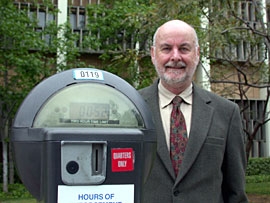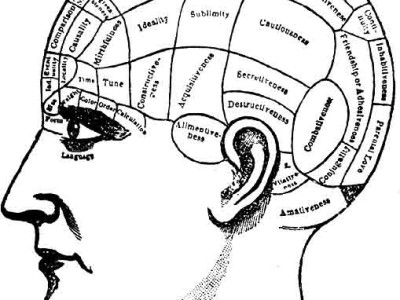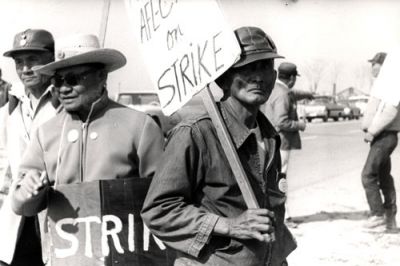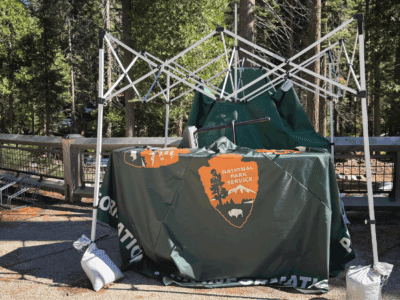Requiem for a Bottom-Feeder
UCLA’s Don Shoup Has Transformed Urban Planning
 Every scholar wants to do good, productive, important work, but I suppose all us secretly would like to redefine our fields — to go down in academic history, so to speak. Virtually none of us do. But UCLA’s Don Shoup, who is retiring this year from the Urban Planning department, is one who has. And he has done so in an area that no one would have expected: parking policy.
Every scholar wants to do good, productive, important work, but I suppose all us secretly would like to redefine our fields — to go down in academic history, so to speak. Virtually none of us do. But UCLA’s Don Shoup, who is retiring this year from the Urban Planning department, is one who has. And he has done so in an area that no one would have expected: parking policy.
Shoup’s key insight has been that urban form has been grotesquely distorted by the requirement for free parking, which in fact is not free at all: thus, the title of his magnum opus, The High Cost of Free Parking. As Shoup observed — and more importantly, proved — land use regulations requiring massive amounts of free parking helped create sprawling urban form as well as incentivizing reliance on the automobile. It’s pretty easy to see the implications of his work in just about every area of environmental scholarship.

But isn’t that what the market was demanding? No, Shoup argued. Although an economist by training, Shoup became an ersatz historian, and demonstrated that most zoning codes’ parking requirements came from model codes in the 1920’s and had absolutely no empirical basis to them. Then urban planners just copied them, because that was easier. Shoup loves to compare the “science” of parking requirements to phrenology, and he’s right.
Putting his economist hat back on, Shoup advocated for and devised models for pricing parking in order to ensure that there would always be adequate spaces. He then developed the idea of the “Parking Benefit District,” in which the monies from the parking charges would be used for public goods to improve the surrounding area — an idea which could be particularly helpful in funding municipal parks.
UCLA’s Luskin School of Public Affairs is honoring Shoup with a website designated to honor his various accomplishments (and for many years he has had a Facebook page dedicated to him, without his initial knowledge) and is beginning a scholarship, the Donald and Pat Shoup Endowed Fellowship in Urban Planning. (Hashtag: #imwithShoup – really). Check it out.
Shoup’s work has been so transformative in no small part because he saw tremendous significance in something that no ever thought important enough to even think about. That’s a useful lesson for scholars, who spend a lot of time chasing after hot topics — exactly the wrong place to look. Shoup once told me that in the policy world, international politics and strategic studies has the highest prestige, then national policy, then states, then local government, “and then at the bottom of that was zoning regulations.
“So I’m basically a bottom-feeder,” he concluded. With a little twinkle in his eye, he noted, “but there’s a lot of great nutrients at the bottom.”
Reader Comments
2 Replies to “Requiem for a Bottom-Feeder”
Comments are closed.







Is it unusual that the Shoups themselves are kicking in about $100,000 by a 2-to-1 match for the Donald and Pat Shoup Endowed Fellowship in Urban Planning? Reminds me a bit of Schwarzenegger buying his own teaching position at USC.
I don’t think so. A lot of times professors, particularly those who already hold endowed chairs and make good money, will contribute to the development funds of the schools where they teach. Shoup doesn’t need to purchase his own teaching position, of course. As John Houseman would have said, he got his position the old-fashioned way: he EARNED it. Don here is just giving back to an institution that has done a lot for him (and for which he has done a lot).